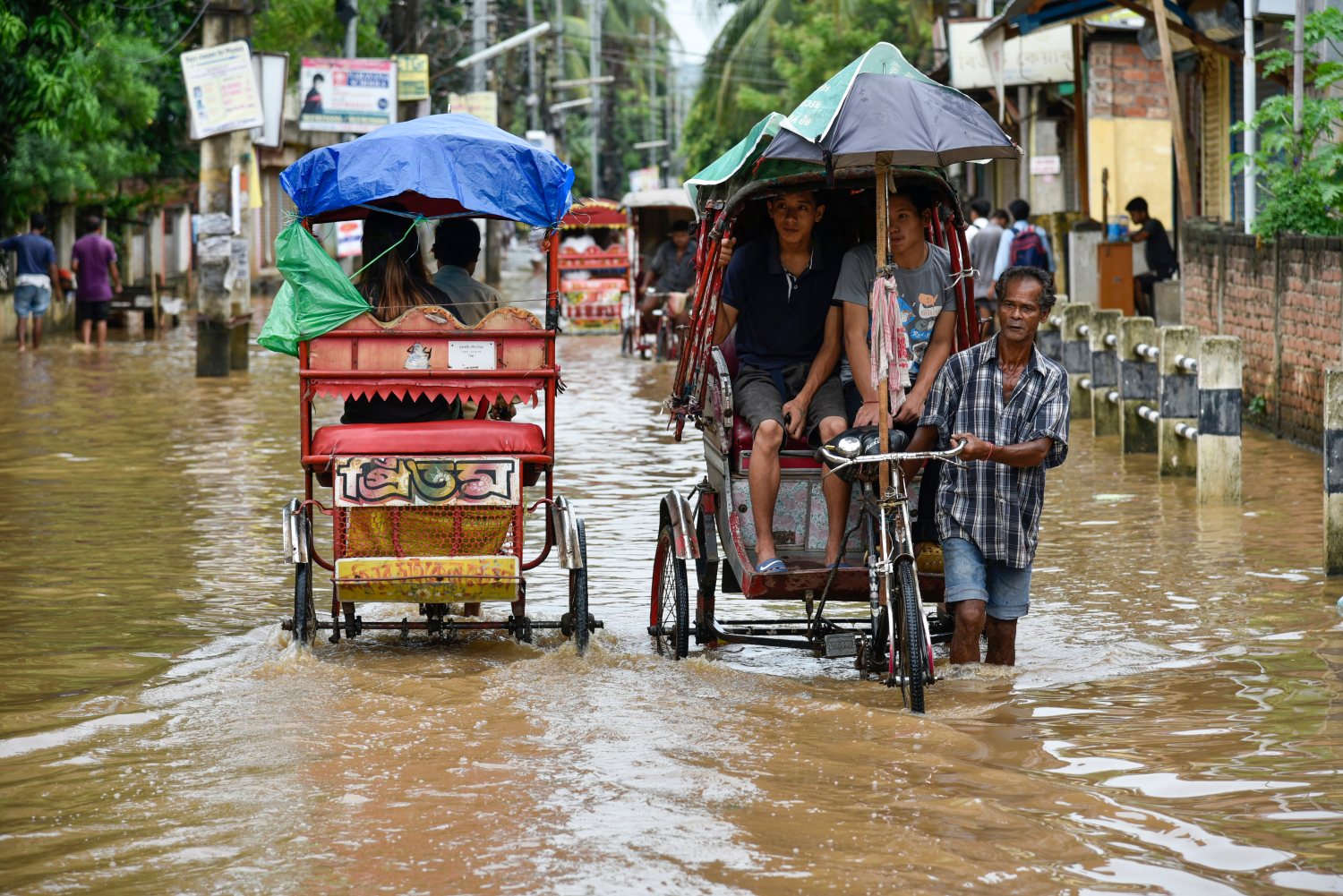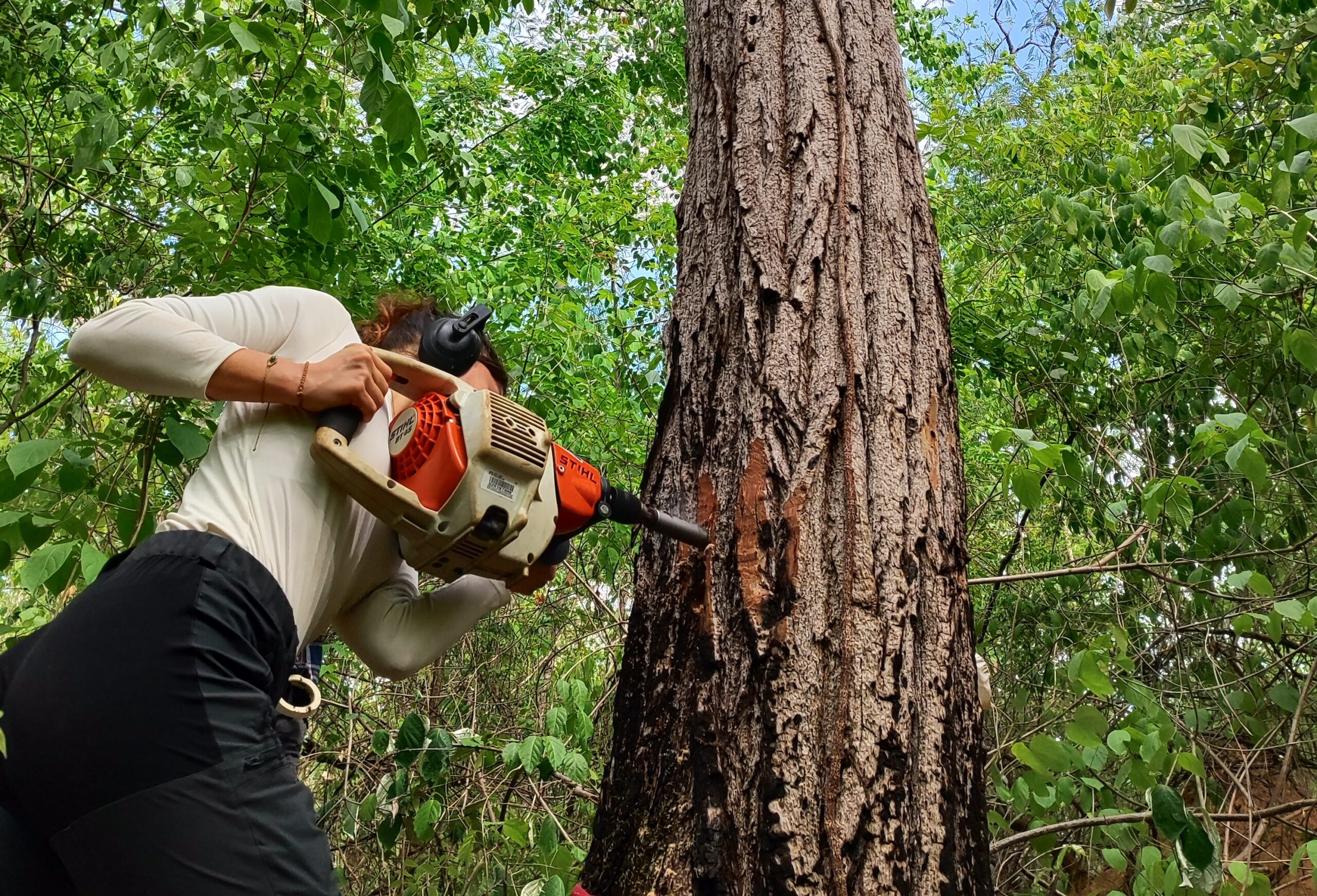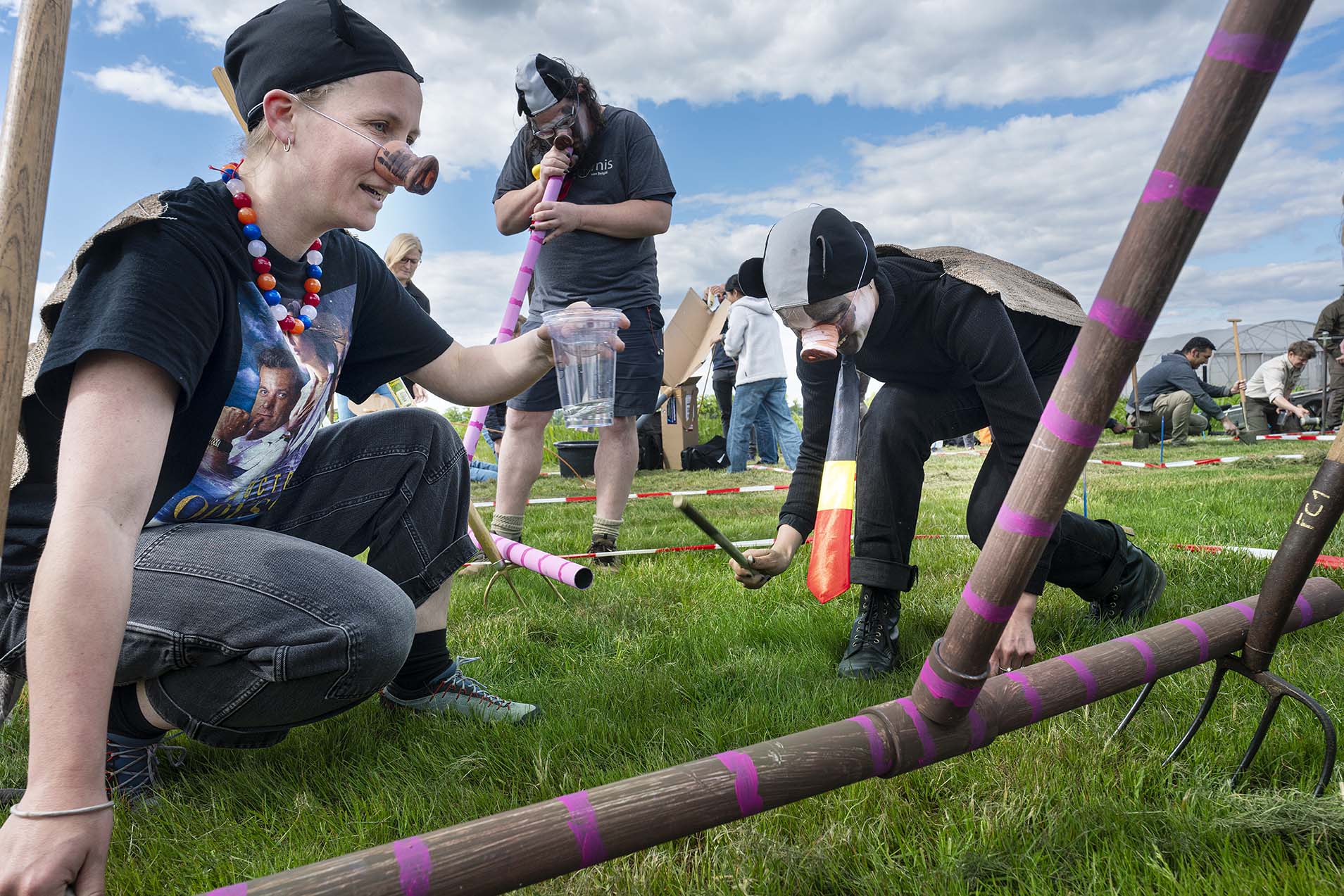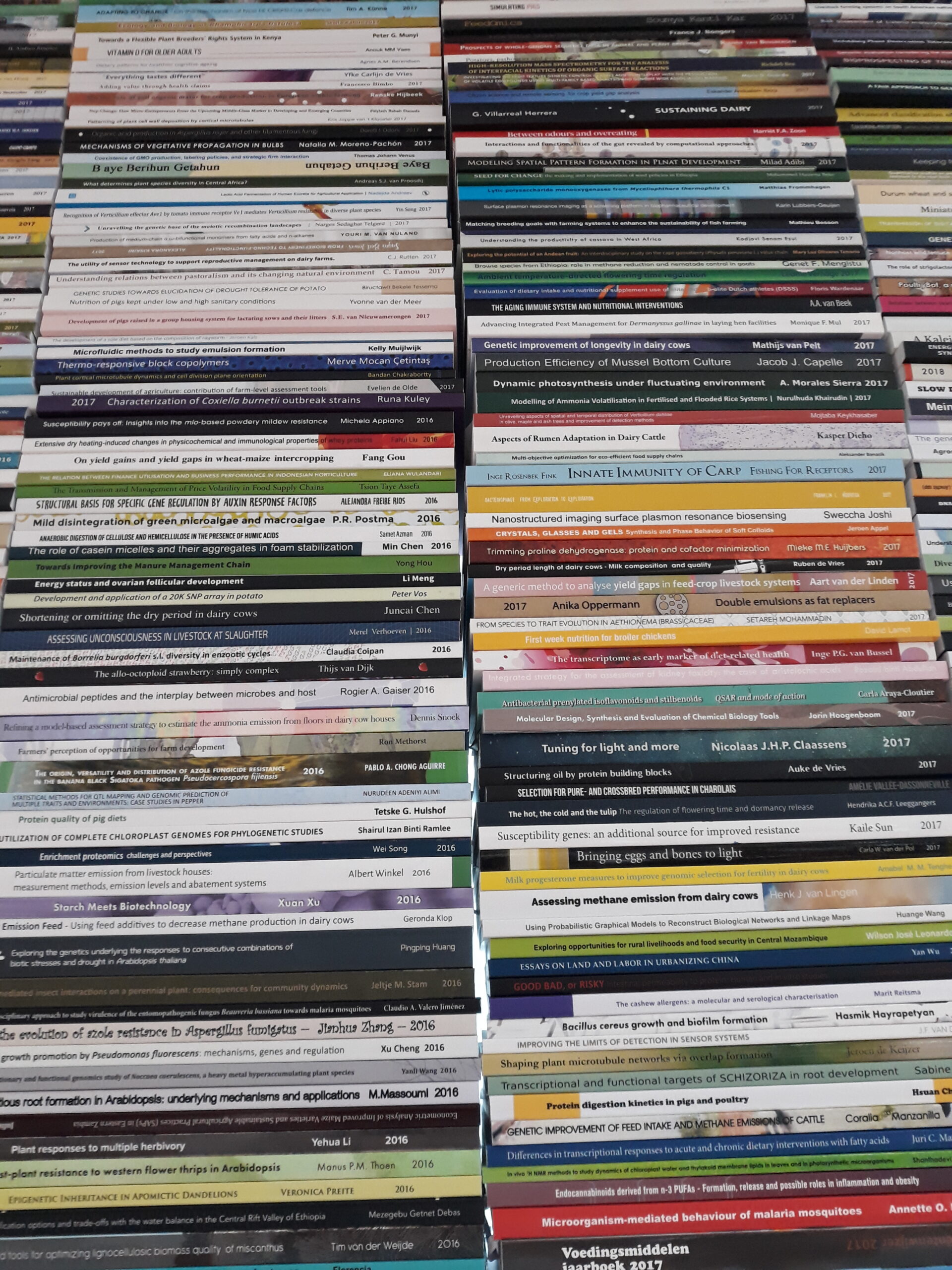Lodestar, the Wageningen/Indian research project whose name means LOw-cost Disaster & Emergency Services for communiTies At Risk, is getting 1.75 million euros from the Dutch Research Council (NWO) Merian Fund. The project revolves around more effective early warning systems for flooding or drought in urban areas.
The project’s core consists of Professor Anamika Barua, on behalf of the Indian Institute of Technology Guwahati, and Jeroen Warner and Sumit Vij, from Wageningen’s Sociology of Development and Change chair group. Wageningen chair group Water Systems and Global Change is also involved. Warner: ‘They are basically the project’s tech guys who know everything about meteorological data and flood models. The work on water-related disasters is often either about human behaviour or about the (geo)technical aspects, but rarely about both. We aim to bridge that gap with Lodestar.’
The project team wants to improve the accuracy of the models that predict floods or droughts, in part by combining the use of a wide range of indicators of upcoming problems. ‘They can vary from state-of-the-art satellite information to local knowledge, such as if the rats leave this area, that means the river will flood in less than 24 hours,’ explains Professor Barua, who is currently in the Netherlands working on her new book.
There are plenty of early warning systems, but they don’t always have the desired effect
Jeroen Warner, associate professor of Disaster Studies
The idea is to combine all these sources of knowledge in a kind of dashboard that warns local governments and residents in good time of a flood or drought, with the help of artificial intelligence. That needs to be done in an accessible and user-friendly way — for example, in the form of an alert app or web interface.
Apathy
Lodestar will also study how to improve the effectiveness of such early warnings. ‘There are actually already a lot of early warning systems,’ says Warner, who is an associate professor of Disaster Studies. ‘But they often don’t have the desired effect. Too often, the most vulnerable people don’t get moving when an alert is given; they simply sit tight and hope for the best.’ The project team hopes that by using living labs in both India and the Netherlands, it will gain a better understanding of the drivers of this behaviour.
In the Netherlands, Lodestar will be collaborating with the municipalities of Breda and Dordrecht and the water board that covers those areas. In India, Lodestar will look at the cities of Bangalore and Guwahati and their surroundings. The urban focus is deliberate: ‘Cities are becoming increasingly vulnerable to flooding or drought. This is not only due to climate change, but also to the rapidly increasing population and the kind of structures being built,’ says Warner.
Gender consious
Lodestar will start in June. The Dutch Research Council funding will be used to pay for four postdocs and six PhD candidates, who will mostly be based in India. A ‘gender-conscious’ recruitment process will be adopted for those positions, says Barua. ‘The water sector is male dominated in both the Netherlands and India. It could use some more female role models. That is why we are deliberately creating opportunities for women.’
The Merian Fund is a Dutch Research Council programme aimed at fostering cooperation on research with partners in Brazil, China, India, Indonesia and South Africa. In the most recent call, a total of 2.1 million euros was available for Dutch/Indian research projects in the field of water disaster management; of this amount, 1.75 million euros will go to Lodestar.
The same call also resulted in a smaller grant for another Wageningen/Indian project, with Coen Ritsema (Soil Physics and Land Use chair holder) in the lead at WUR. The project is called RESTARTin, Restructuring and Enhancing Strategies with a Transformative AppRoach for InTegrated Water Disaster Management in India and the Netherlands. It aims to develop new tools and guidelines for decision-makers to mitigate the effects of future water disasters.

 One of the project’s focus areas is the Indian city of Guwahati, which regularly experiences hugely disruptive flooding. Photo Shutterstock
One of the project’s focus areas is the Indian city of Guwahati, which regularly experiences hugely disruptive flooding. Photo Shutterstock


